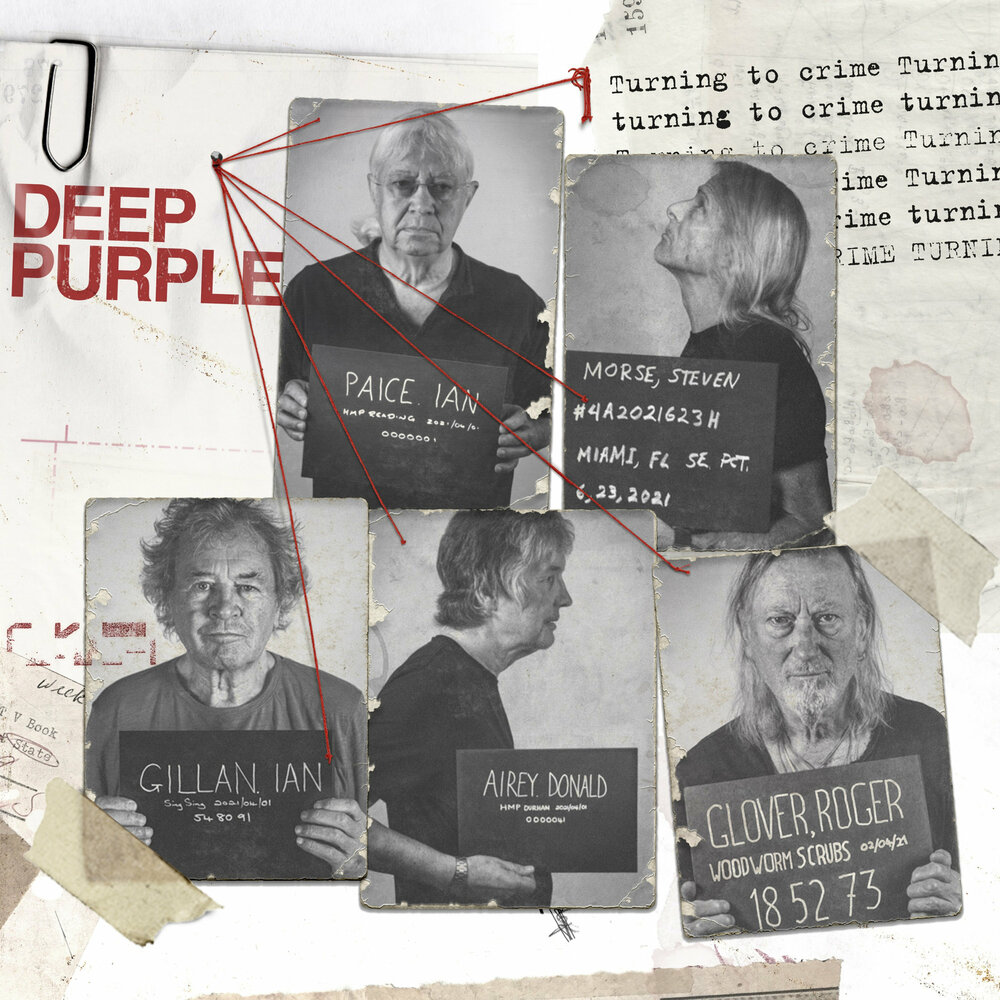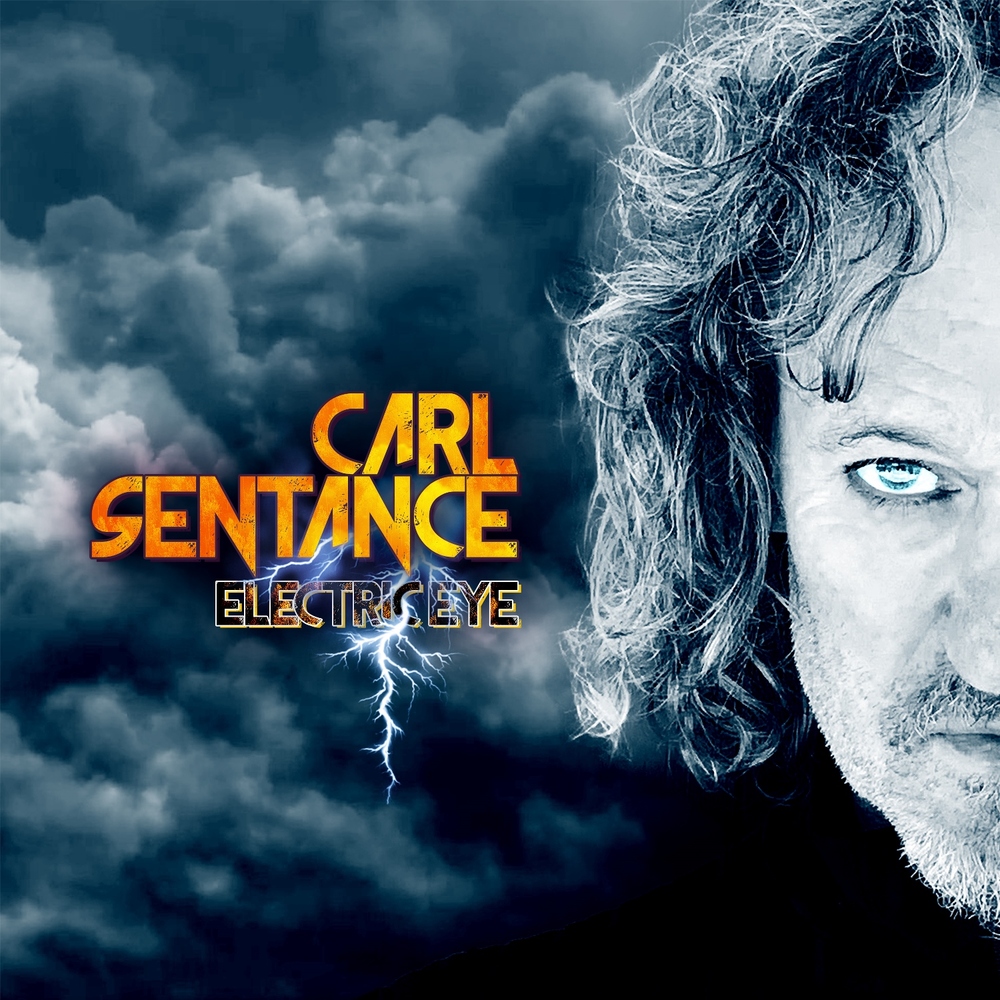 |
Country: Denmark
Style: Hard Rock/Heavy Metal
Rating: 7/10
Release Date: 3 Dec 2021
Sites: Facebook | Instagram | Metal Archives | Official Website | Twitter | Wikipedia
Volbeat have been around for more than two decades now and this is their eighth studio album. I hadn't heard them before their previous effort, though, Rewind, Replay, Rebound, and it's fair to say that I was very surprised. What surprised me was their sound or, rather, that they don't have a single sound, instead shifting entirely unconcerned between three very different sounds, with an alternative rock voice singing over them throughout. I heard safe alternative rock, rockabilly and groove metal, not styles I'd usually expect to hear performed by one band on one album.
Well, it shouldn't be too surprising to find that they do the same thing here, though it's still more apparent when they shift from one style another during the same song, Mindlock starting out in chugging Metallica territory but turning gradually into the sort of safe alternative rock they play at bowling alleys. To be fair, there are some really interesting combinations on this one that look at new areas of rock music. The Passenger kicks off with a Motörhead rhythm section, but is sung more like punk pop. Step into Light is a soft pop song interpreted through a punky take on surf.
The most interesting song on the album is The Sacred Stones, which starts out as traditional heavy metal, threating to go full on doom but never quite taking that dare. It becomes a slow Dio track, but with Michael Poulsen's alt rock voice attempting to master Dio's recognisable intonation and breaks without changing too much. Parts of it remind very much of Heaven and Hell, but there are odd moments when I thought they were going to launch into The Final Countdown. It softens later but comes back to that chugging Metallica sound. There's a lot to reconcile on this one.
Mostly, though, we stay in those three core sounds.
The dominant one this time is groove metal, though the downtuned groove style is turned down in favour of mainstream Black-era Metallica alt metal. This is the sound of Shotgun Blues, Say No More (complete with lyrics that tellingly include the words "Jump in the Fire") and the final three tracks, especially Lasse's Birgitta, which wraps up the album. It fascinates me that Volbeat are an abiding lesson to old school Metallica fans who are convinced that The Black Album was a sellout. Shotgun Blues is what it would have sounded like with a real shift in vocal style to alt rock. I dug it as a commercial rock/metal song, but I also missed James Hetfield's recognisable vocals.
The rockabilly sound is sidelined this time out, though it's there early on Wait a Minute My Girl, a song that feels like Cheap Trick covering Elvis Presley, especially with the horn section at the end. The Devil Rages On heavies that up, with a very deliberate accent on the vocals and a much darker psychobilly flavour to it that reminds of the Cramps. Heaven's Descent is the only song to find the Michale Graves-era Misfits vibe, something that became the norm on the last album, and it's a highlight here.
The third, safe alternative rock, sound is here too but shimmied up a little. Dagen Før is the most obvious example, because it starts out like Bryan Adams, only to heavy up a little. There's a guest appearance here of Stine Bramsen, lead singer for the Danish pop group Alphabeat. However, an array of other songs feature the alt rock sound deeper than just Poulsen's voice. Mindlock ends up there, Step into Light plays there and Temple of Ekur, the album's opener, feels like it was built in layers and Abba vocal melodies were the layer that identify it to the world. Sure, the music under them is clearly rock and rather heavy too, but it's still an Abba song at heart.
And, as on the last album, I can't help but wonder how fans respond to this bizarre combination of styles. Volbeat do all three well, but it still seems odd to me that they do each of them so often. If fans showed up to see Bad Brains, they'd have probably expected a reggae song to show up amidst all the punk, and they generally didn't have a problem with that, but most of them might not have been happy if they found reggae filling the entire set. The Wedding Present played in two utterly distinct styles, but they tended to do either one or the other in entirety, either their typical indie rock or Ukrainian folk music, rather than mixing them together. Not so Volbeat.




















